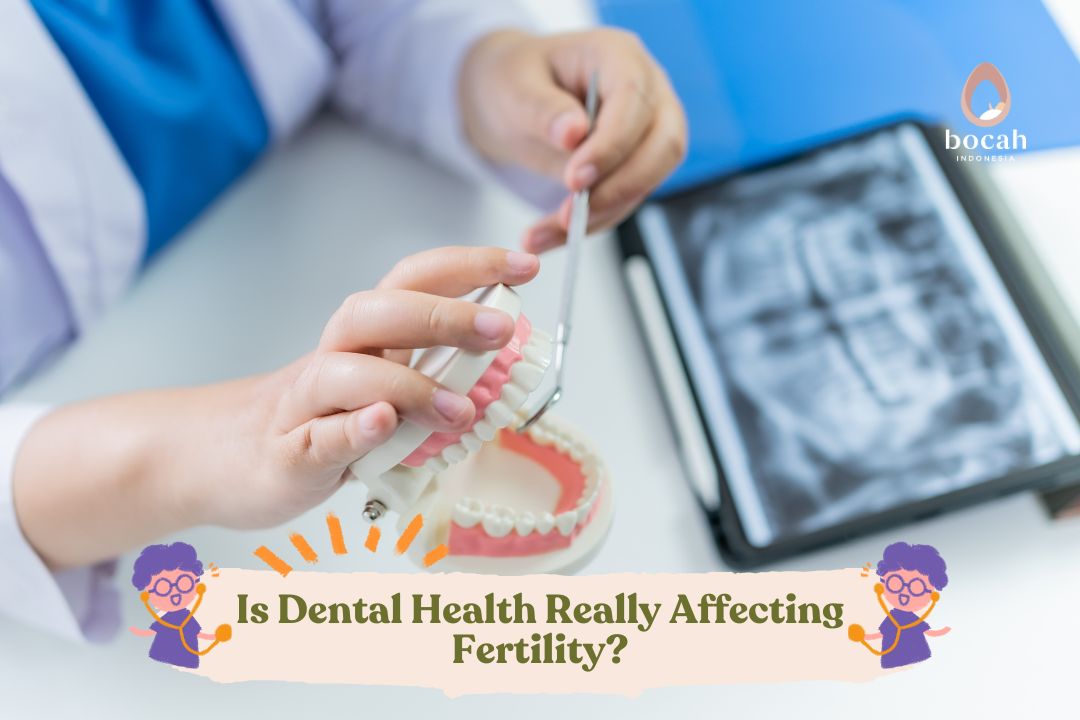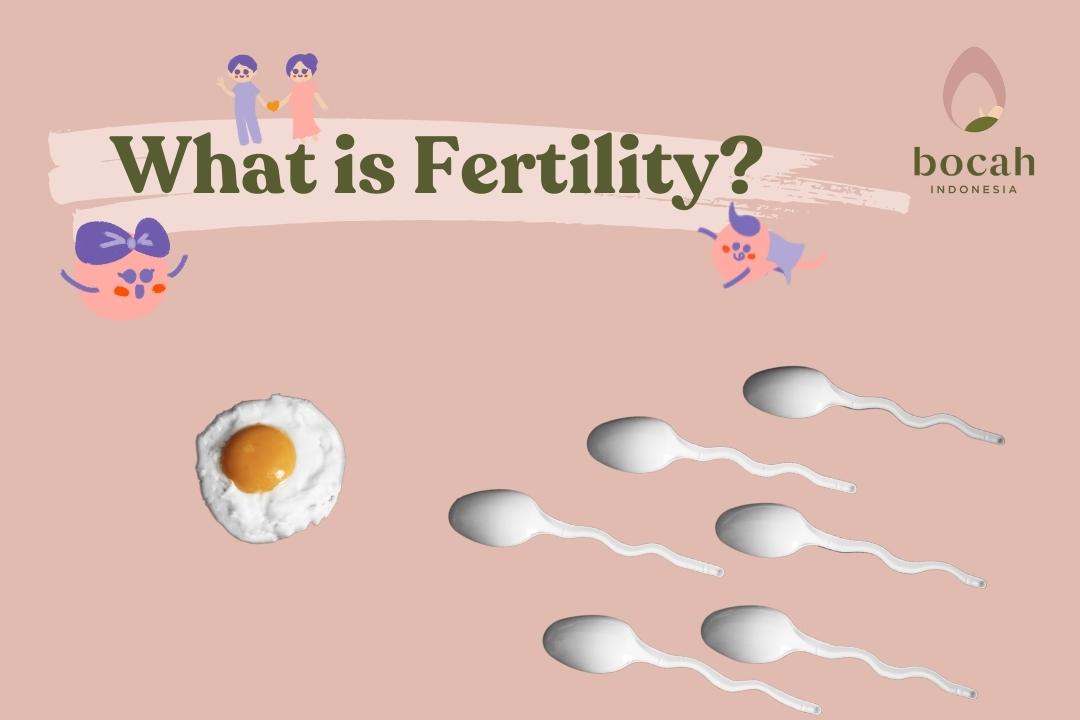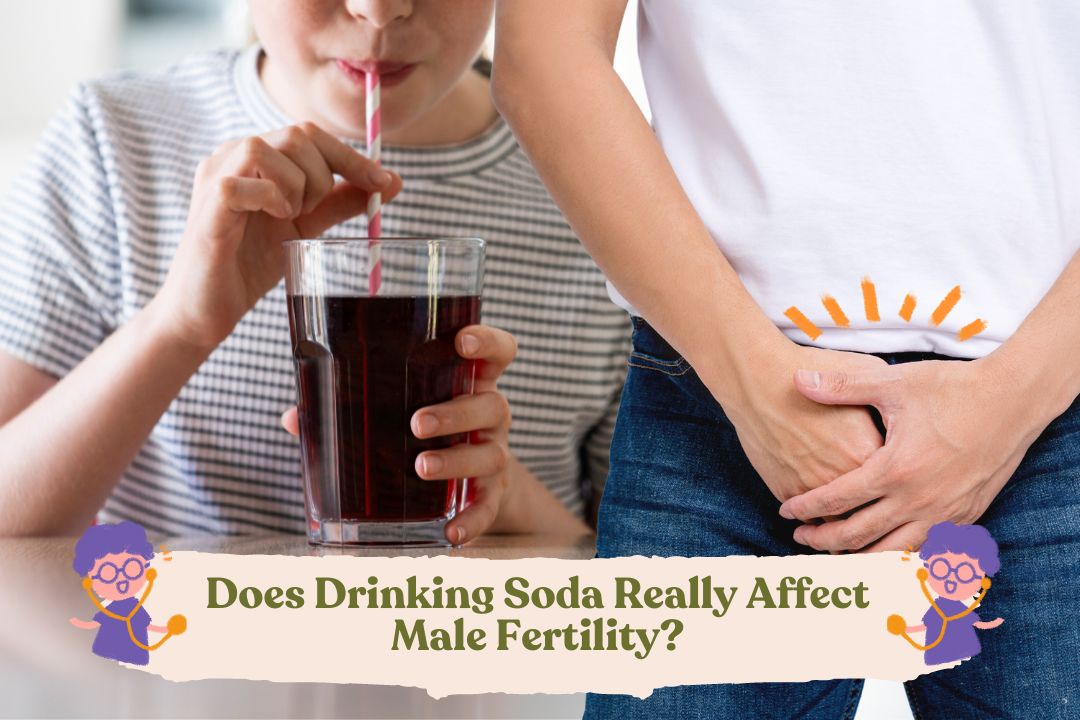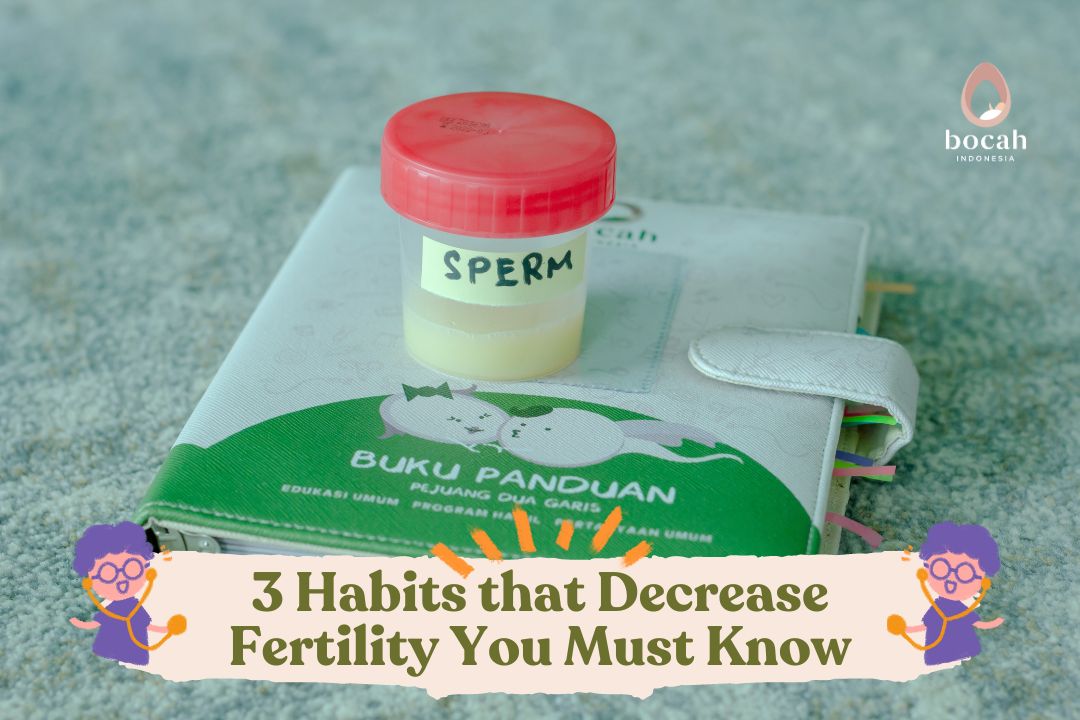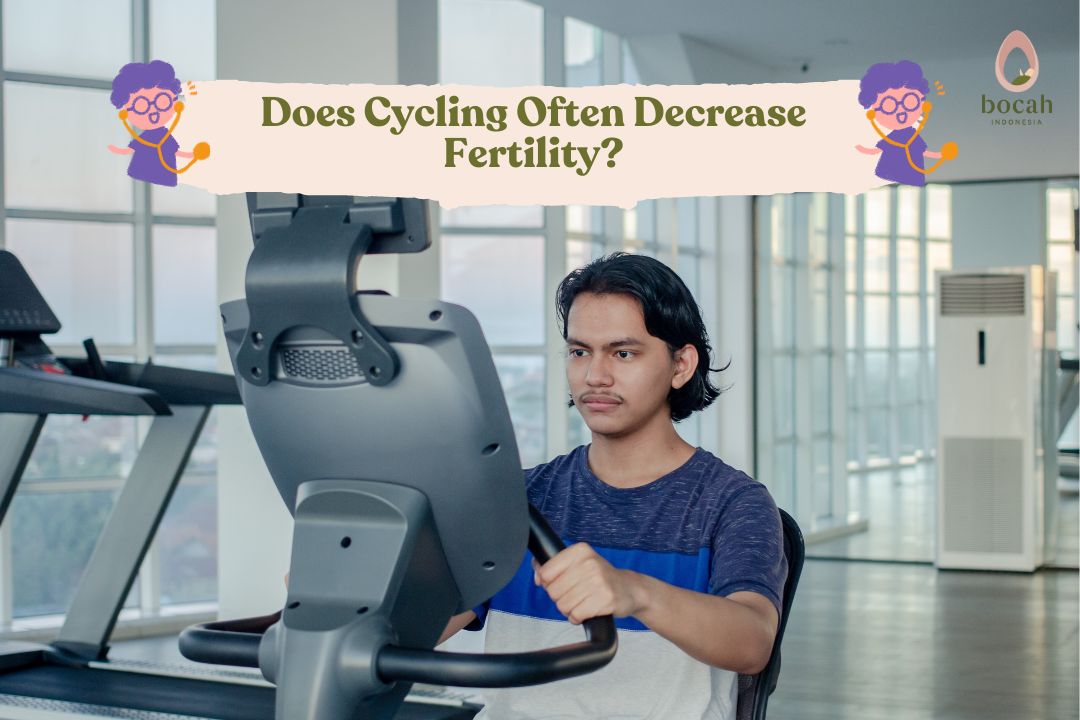Lifestyle That Affects Fertility
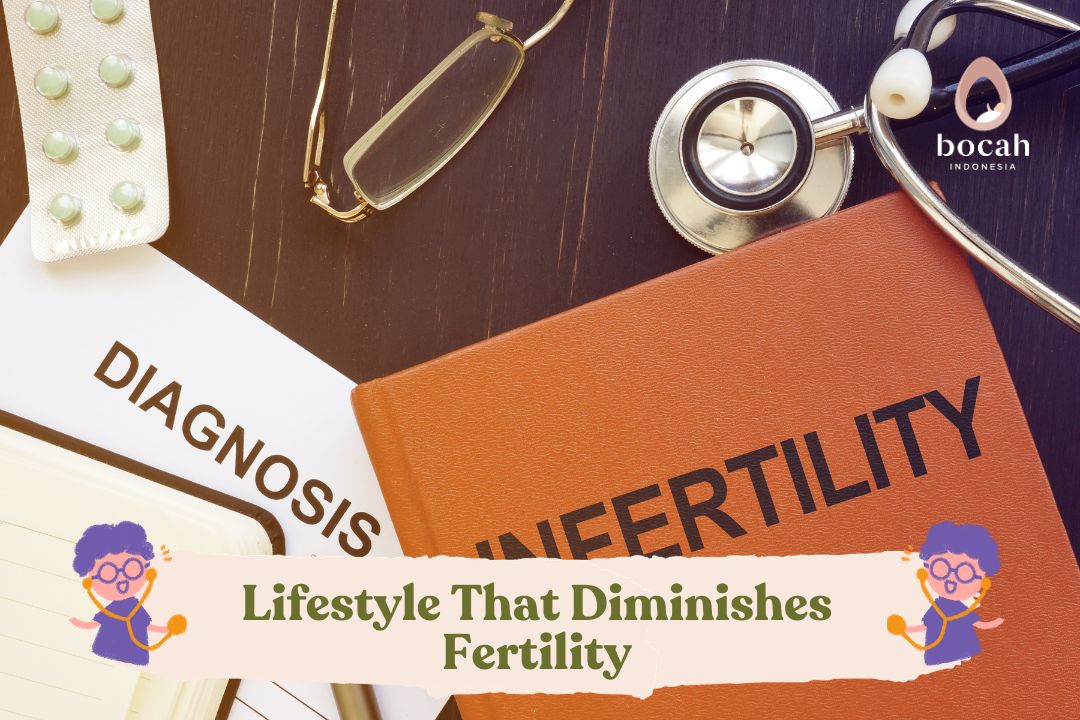
Lifestyle is one of the factors that influence fertility. An unhealthy lifestyle can impact the chances of getting pregnant. Fertility is essential for couples planning to have children. Many factors affect fertility, including age, medical conditions, exposure to harmful substances, unexplained infertility, and lifestyle.
Fertility issues or infertility refer to the condition where a couple cannot conceive after one year of unprotected intercourse. According to the World Health Organization (WHO), approximately 17.5% of adults, or 1 in 6 couples, experience infertility problems.
What Is the Impact of Lifestyle on Fertility?
When the fertility of both partners is disrupted, it can make it challenging to achieve pregnancy. Research indicates that an unhealthy lifestyle can increase the risk of fertility problems for couples.
According to a study published in the journal Reproductive Biology and Endocrinology, lifestyle factors can affect overall health, including fertility. Several lifestyle factors that can influence an individual’s fertility include body weight, diet, exercise, stress, and environmental exposure.
Lifestyles That Can Affect Fertility
Although lifestyle can affect fertility, it can still be improved to enhance the health and fertility of both partners. Here are lifestyle factors that can impact fertility:
Tanya Mincah tentang Promil?
1. Excessive or Inadequate Body Weight
One lifestyle factor related to fertility is body weight. Both excessive and inadequate body weight can affect fertility. Women who are overweight or underweight may experience hormone imbalances, leading to fertility and ovulation issues. For men, research published in the journal Medicine suggests that a low body mass index (BMI) can affect sperm quality.
2. Dietary Choices
If you are planning for pregnancy, consider consuming nutritious and nutrient-rich foods. Fast food, saturated fats, mercury-containing foods, and excessive caffeine can all affect fertility in both women and men. Avoiding these foods can improve your chances of success.
3. Alcohol Consumption
Drinking alcohol can also influence fertility. In women, alcohol consumption can lead to various fertility-related issues, including reduced embryo implantation, ovulation dysfunction, abnormal embryo development, and increased miscarriage rates. In men, alcohol can decrease sexual desire (libido), cause impotence, and affect sperm quality, reducing the success of pregnancy.
4. Smoking
Smoking is a common lifestyle choice among both men and women and can negatively impact health and fertility. Cigarettes contain harmful substances that can decrease sperm production, sperm motility, and normal sperm morphology. Smoking can also disrupt hormones, affecting women’s egg quality.
5. Excessive Exercise
Exercise is beneficial for health, including fertility. However, excessive exercise can disrupt energy balance in the body, affecting the reproductive system. Some forms of intense exercise, like cycling with tight clothing, can raise testicular temperature, potentially impacting sperm production.
6. Excessive Stress
Stress can have a significant impact on health and can also contribute to fertility issues. Psychological stress, such as depression or anxiety, can affect up to 30% of women seeking fertility treatment, according to research published in the Journal of Reproductive and Infant Psychology. Managing stress during pregnancy planning is crucial.
7. Environmental Exposure
If you are frequently exposed to chemicals, it’s advisable to consult a specialist in andrology. Research from the Reproductive Science Center of New Jersey suggests that chemical exposure can lower the hormones involved in sperm production. Chemicals like pesticides, herbicides, and insecticides can also affect sperm’s ability to fertilize eggs. Additionally, prolonged exposure to high temperatures can impact testicular health and sperm production.
These are some lifestyle factors that can influence fertility. If you are planning to start a family, consider adopting a healthier lifestyle. Don’t forget to undergo fertility assessments at a fertility clinic to receive appropriate care if fertility issues are identified.
Source:
- Guo, D., et al. (2019). Is low body mass index a risk factor for semen quality? A PRISMA-compliant meta-analysis. Medicine (Baltimore). 2019 Aug; 98(32): e16677.
- Redman, L.M. (2006). Physical activity and its effects on reproduction. Reprod Biomed Online. 2006 May;12(5):579-86.
- Pook, M., et al. (2010). A validation study on the negative association between an active coping style and sperm concentration. Journal of Reproductive and Infant Psychology, Volume 18, 2000 – Issue 3.
- Reproductive Science Center. Male Infertility.
- World Health Organization. 1 in 6 people globally affected by infertility: WHO.
- Sharma, R., et al. (2013). Lifestyle factors and reproductive health: taking control of your fertility. Reprod Biol Endocrinol. 2013; 11: 66.


